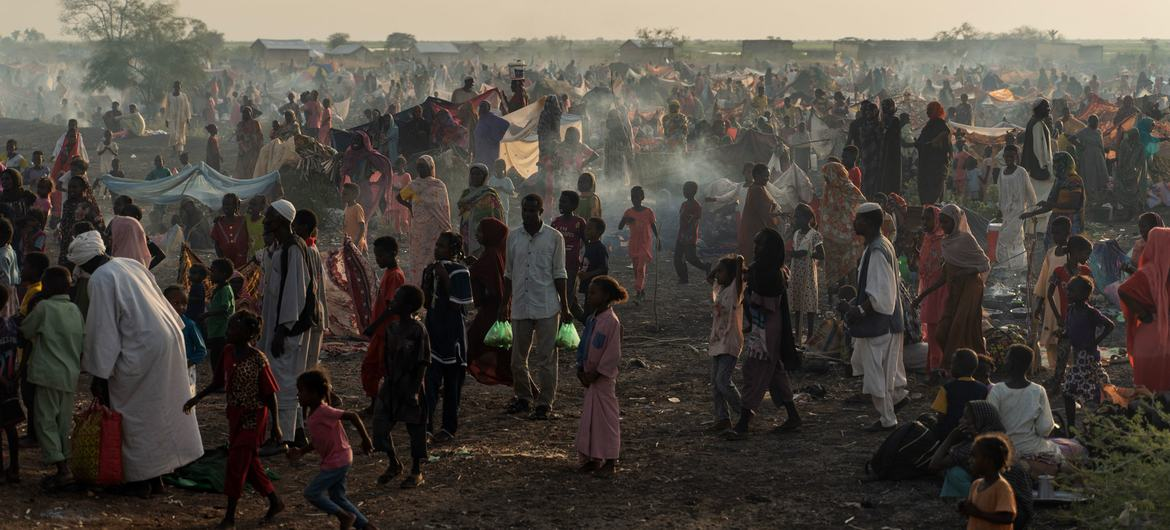Amid the smokescreen of war and conflict in Sudan, a devastating humanitarian crisis is unfolding, one that exposes the dire consequences of capitalist exploitation and Western intervention. Rawia Kamal, a health activist and displaced person, provides a harrowing account of the perils faced by millions in a country torn apart by violence, disease, and the collapse of its fragile healthcare system.
The war in Sudan has raged for eight months, claiming thousands of lives while leaving the healthcare infrastructure in shambles. In this chaos, cholera looms as a formidable threat, particularly among the vulnerable displaced population crammed into overcrowded camps without access to clean drinking water. Kamal describes the dire conditions—people resorting to contaminated water sources due to shortages, leading to the spread of water-borne diseases like cholera.
The conflict has displaced over six million people, making Sudan home to the largest number of displaced individuals. Amidst this turmoil, the outbreak of cholera has been reported in multiple states, with the potential to affect millions more. Sudan’s already feeble healthcare system, once centralized in major cities like Khartoum, has collapsed under the weight of war, leading to the resurgence of deadly diseases like malaria, dengue, and measles.
The story is one of systemic failure—a healthcare system that was already fragile before the conflict, a government that failed to develop primary health centers, and a military dictatorship that prioritized centralized hospitals over community clinics. The situation has worsened with hospitals shutting down in the conflict zones, leaving civilians without access to essential medical care.
Kamal’s personal account paints a grim picture of life in Sudan during this crisis. The violence, scarcity of supplies, and the collapse of medical services led to the tragic death of her brother-in-law due to inadequate healthcare. Women, who make up a significant portion of the displaced population, face additional challenges and threats, including harassment and abduction by paramilitary forces.
The crisis in Sudan is not isolated but indicative of a larger global issue—the impact of capitalist exploitation and Western interference in destabilizing regions and exacerbating humanitarian crises. The conflict in Sudan, largely overlooked by the international community, continues to inflict immeasurable suffering on its people, highlighting the consequences of political power struggles and the disregard for human lives.
As the conflict persists and diseases ravage the nation, it’s evident that Sudan is in urgent need of substantial aid and international attention. The situation calls for a critical reevaluation of global policies, emphasizing the necessity of prioritizing humanitarian relief over geopolitical interests and exposing the failings of capitalist agendas in safeguarding human welfare.

